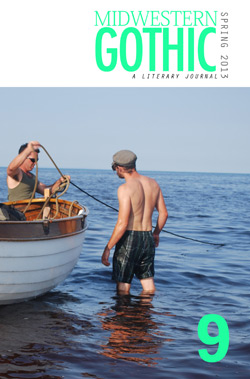Ready Player One: 2013 Book #15
A couple people highly recommended it to me, and after reading the synopsis I could tell (unless the author’s style completely grated on me) that I’d love it. As a child of the 80s and a gamer both back then and today, the book was already tailored to appeal to me, and thematically it explored a lot of interesting issues beyond games, but with privacy, consumption and the relationship between our online personalities and our real selves.
The whole thing was pretty brilliant. Here and there, I found myself wishing the author would skip on some of the description and keep the story moving. While his knowledge of retro games and pop-culture is rock solid and obscure, at times Cline gets lost in geeking out on some of this stuff and it makes passages drag. It was definitely the exception rather than the rule, however. For the most part, it didn’t get in the way of my enjoyment.
After reading this – I want to play in OASIS. I’ve dabbled in a couple MMOs, and that sense of immersion – of visiting other worlds, is one of the aspects that appeals to me most. I don’t play Lord of the Rings Online because the game mechanic is innovative or because I like grinding the same quests over and over. I play because the world of Middle Earth is beautifully rendered, and because there’s nothing quite like exploring a universe I’ve come to love and adore.
I missed the book when it first came out, but one of people who recommended this to me mentioned that Cline had hidden an Easter Egg in the book that led to an offline contest for a Delorean, which is a pretty sweet piece of book promotion and also goes hand in hand with the whole simulation within a simulation within a simulation theme in the book. Of course, the contest is long since over, the car long since won, but I hope that one day in my lifetime games reach this level of immersion. Of course, without all the dystopia and human suffering.










